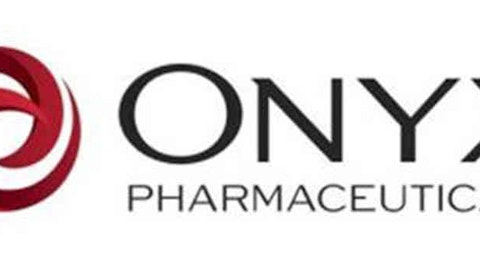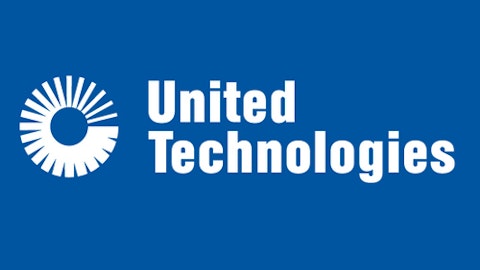Today, cancer is the second leading cause of death in the United States, accounting for nearly a quarter of all deaths in the country. 1.7 million new cases of cancer are expected to be diagnosed in 2013, and nearly 1,600 people die from the disease daily. This makes the race to cure cancer one of the most important goals of the biotech industry, and recent developments indicate that a handful of these companies may soon redefine cancer treatment in America. Investors should pay close attention to these companies, which could take off over the next few years.
Changing chemotherapy
For cancer patients, traditional chemotherapy is the primary treatment for many types of cancer. Chemotherapy not only targets cancer cells, but also all other cells that divide rapidly, such as cells in the digestive tract, bone marrow and hair follicles. This causes the painful side effects of chemotherapy – a weakened immune system, the decreased production of blood cells, digestive tract inflammation and hair loss.
For decades, scientists have searched for a more precise way to administer chemotherapy. Recent biotech breakthroughs from Immunomedics, Inc. (NASDAQ:IMMU), ImmunoGen, Inc. (NASDAQ:IMGN) and Seattle Genetics, Inc. (NASDAQ:SGEN) indicate that a safer alternative could soon be widely available.
These three companies have been developing antibody-drug conjugates (ADCs). ADCs attach a chemotherapy toxin to a single antibody, which is taught to recognize the targeted cancer cell. The “armed” antibody releases the chemotherapy toxin only when it comes in contact with the infected cell, sparing healthy cells in the process. If this form of treatment is successful, chemotherapy patients will no longer suffer the side effects of traditional chemotherapy.
Encouraging test results
Over the past three months, shares of Immunomedics, Inc. (NASDAQ:IMMU) have surged 125% after the company provided a positive update regarding its ADC program. The company stated that two of its three tested ADCs, IMMU-130 and IMMU-132, had caused tumors to shrink. IMMU-130 specifically targets colorectal cancer, while IMMU-132 has been tested on 13 types of cancer. Immunomedics, Inc. (NASDAQ:IMMU) also produces radiotracers, small peptides which are equipped with fluorescent dye and radiolabeling linkers. Radiotracers can be used during surgeries to more accurately locate tumors.
Meanwhile, ImmunoGen, Inc. (NASDAQ:IMGN) has an ADC program to complement its cancer drug business. Its most important product is Kadcyla, an FDA-approved ADC for HER2-positive breast cancer. Its other ADCs include IMGN901, which targets small-cell lung cancer, IMGN853, which can treat ovarian and small-cell lung cancer, and IMGN529, which can treat non-Hodgkin’s lymphoma and leukemia. Like Immunomedics, Inc. (NASDAQ:IMMU), these ADCs are still in the early testing stages (currently Phase I of clinical trials).
Seattle Genetics, Inc. (NASDAQ:SGEN), which is much larger than Immunomedics, Inc. (NASDAQ:IMMU) and ImmunoGen, Inc. (NASDAQ:IMGN), has generated a lot of attention with its ADC pipeline, which currently consists of nine products that treat pancreatic, gastric, breast and prostate cancer, as well as leukemia and lymphoma. Its most well-known product is Adcetris, an FDA-approved ADC which can be used to treat two types of lymphoma. Seattle Genetics also collaborates with 12 pharmaceutical companies, including Genentech, Pfizer Inc. (NYSE:PFE), Bayer and GlaxoSmithKline plc (ADR) (NYSE:GSK) in the development of its ADC pipeline.
Market consolidation
Although ADCs represent cutting edge technology in cancer treatment, investors shouldn’t neglect traditional cancer drug companies such as Onyx Pharmaceuticals, Inc. (NASDAQ:ONXX). Onyx has a strong portfolio of drugs that treat kidney and liver cancer, three of which are on the market today.
orafenib (Nexavar), a kidney cancer treatment co-developed with Bayer, is being evaluated for treatment for lung, thyroid and breast cancers as well. Onyx also has a licensing agreement with Bayer for future royalties from sales of regorafenib, which can be used to treat metastatic colorectal cancer and gastrointestinal stromal tumors. Onyx’s carfilzomib, which is currently in Phase II trials, can be used to treat multiple myeloma.






